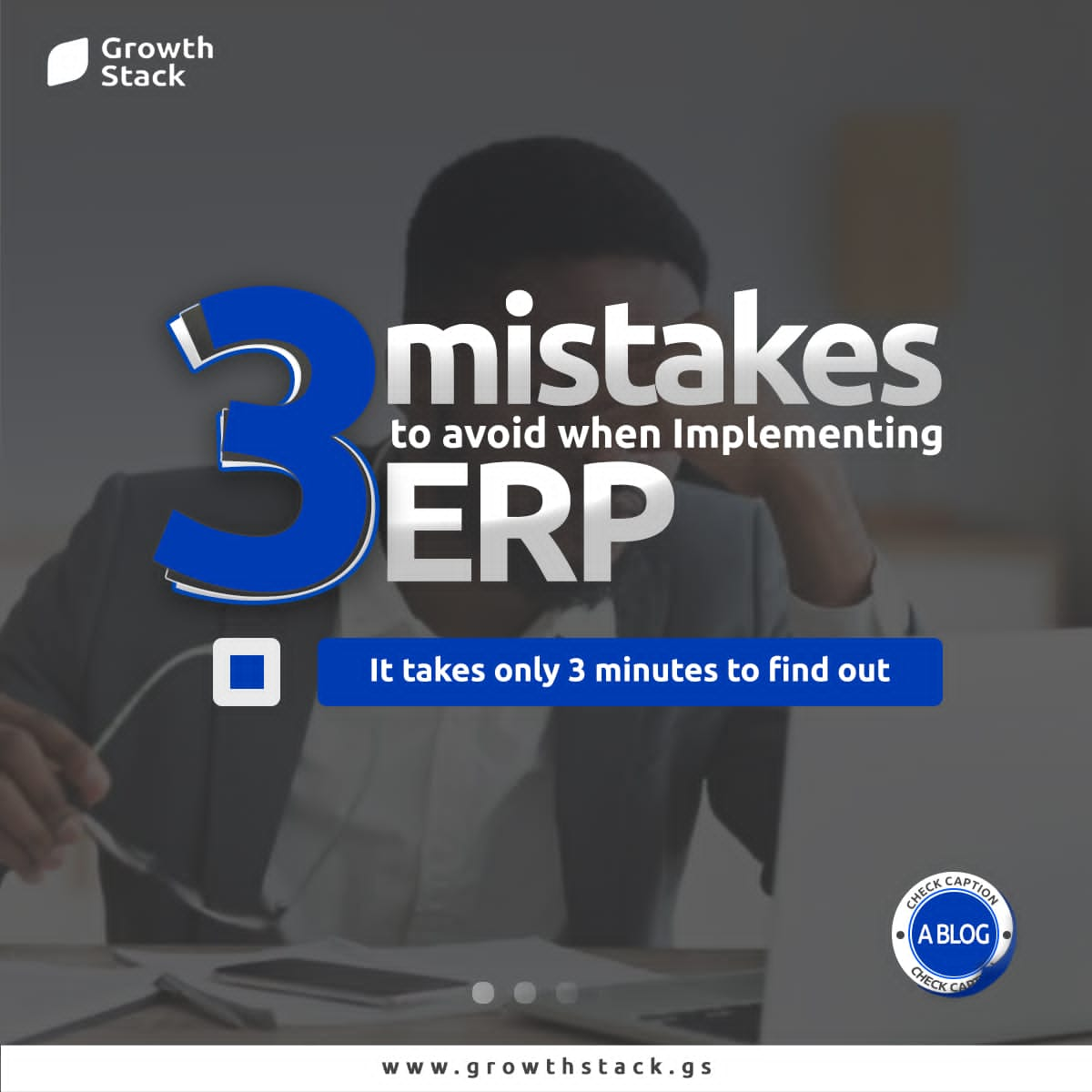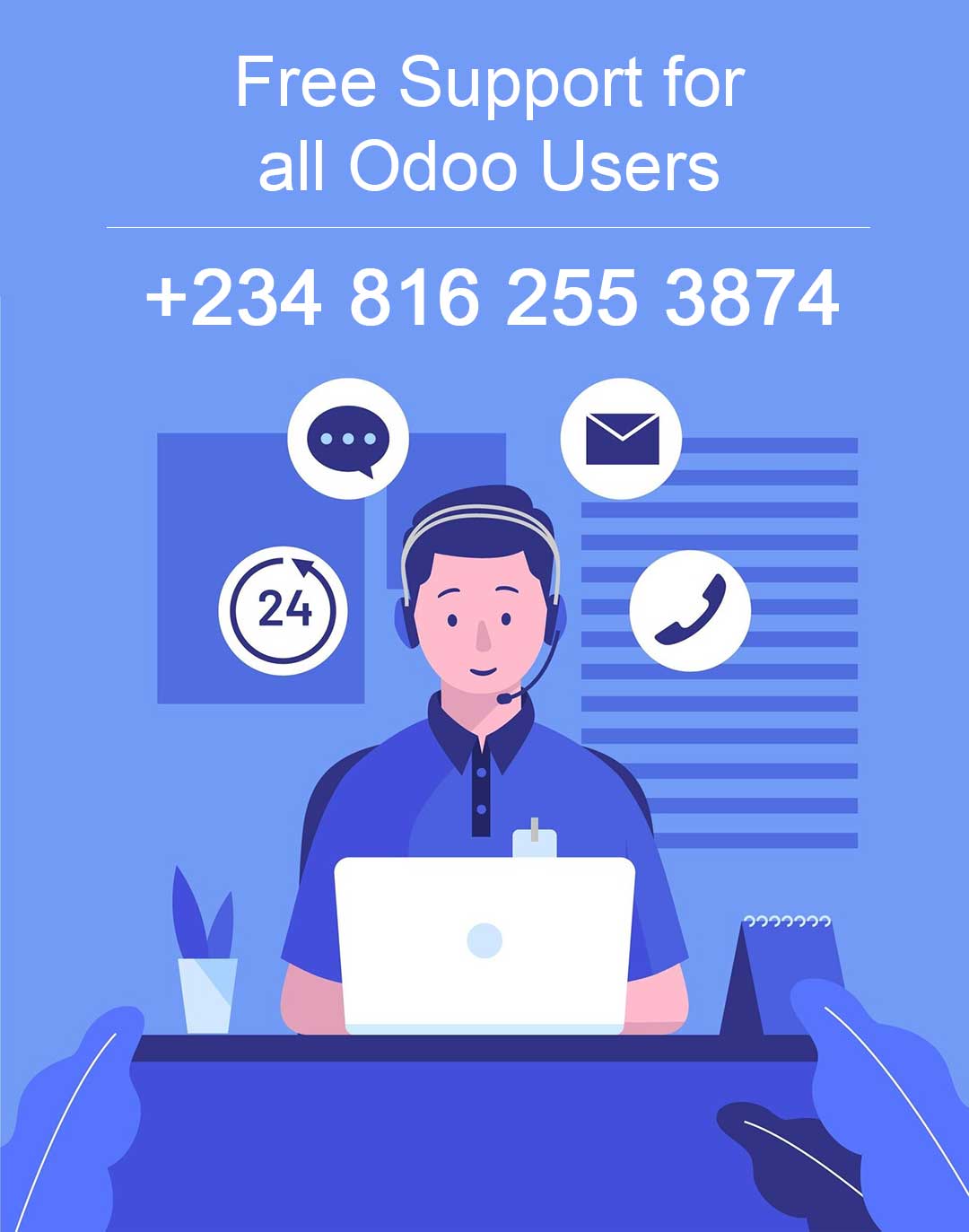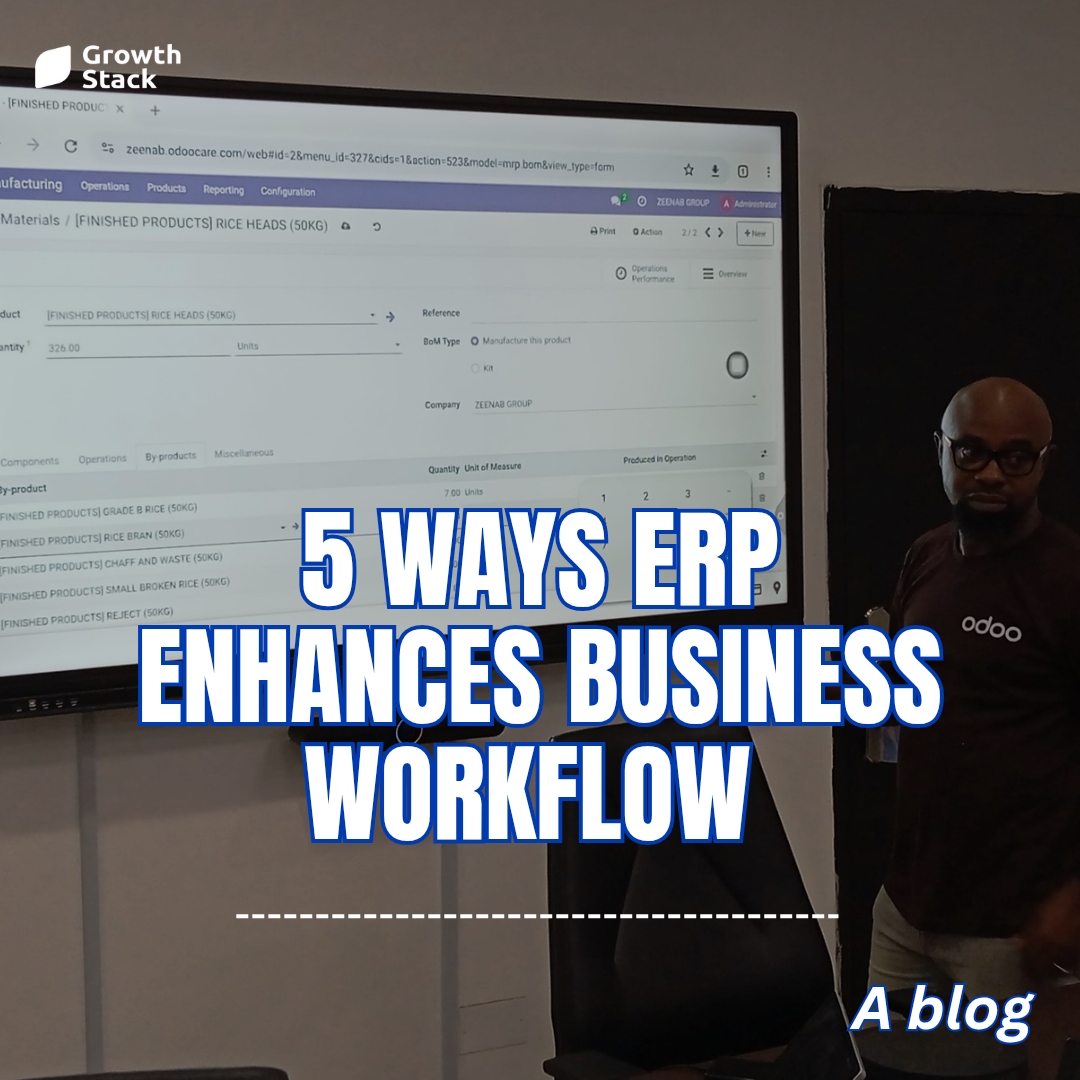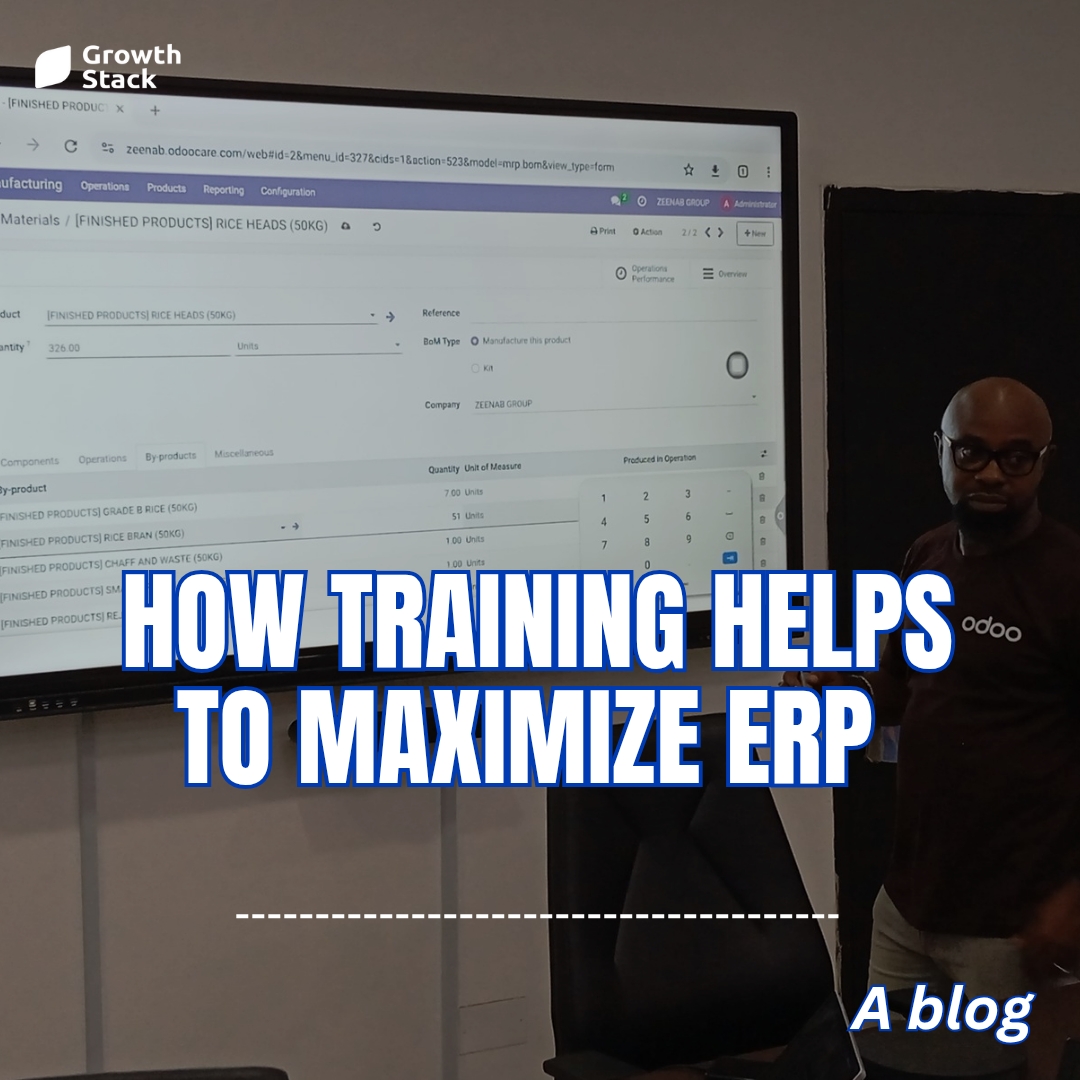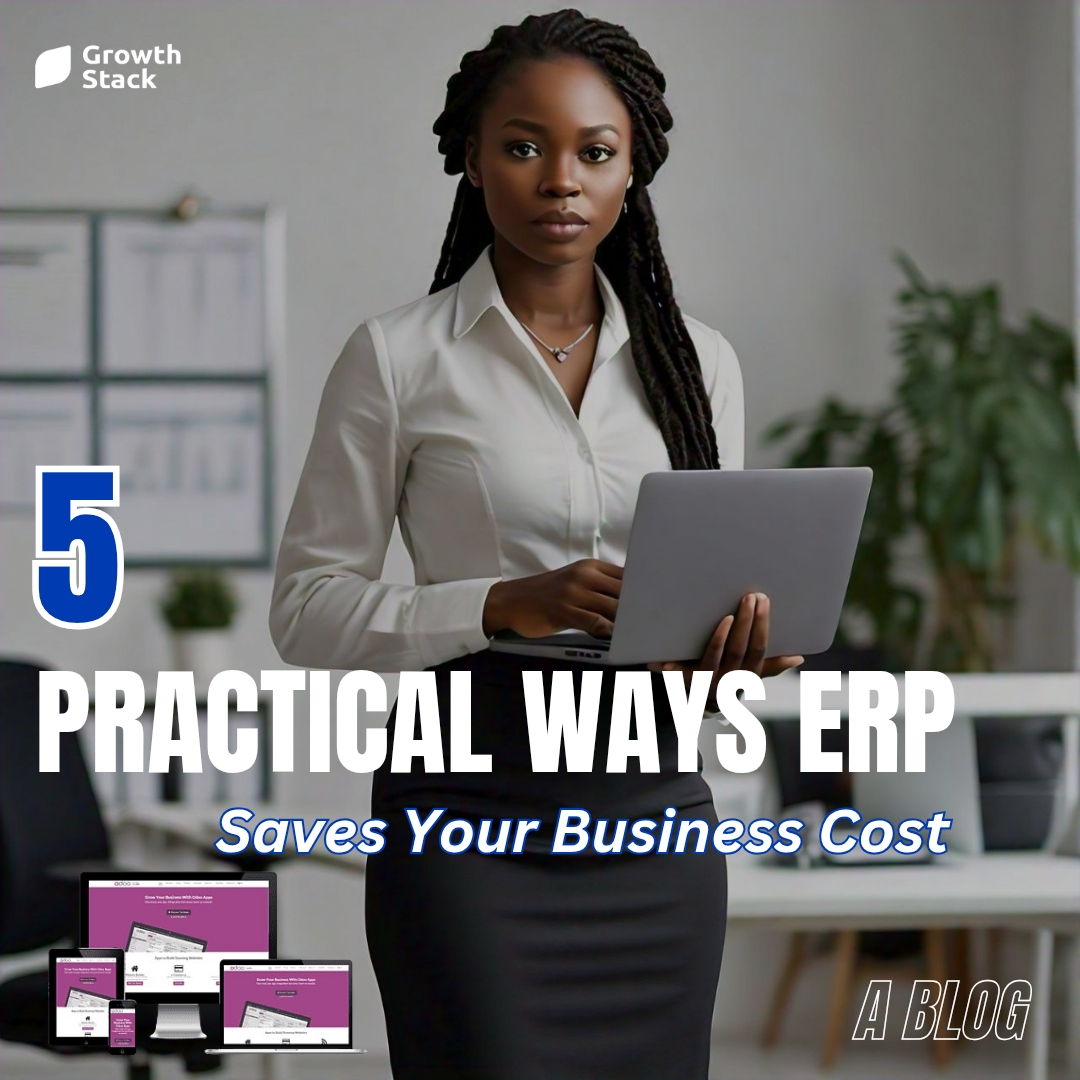Mistakes are unavoidable, but there are significant mistakes to avoid when implementing ERP. It’s a system capable of improving every aspect of your business, it impacts every single one of your departments, and it can help make your business more profitable. If it was easy, it wouldn’t be very effective. Implementing an ERP is also one of the most significant process and expensive software projects a business will ever go through and you don’t want to get it wrong.
The fact that it’s going to be a challenge is not a bad thing, but you need to be honest with yourself about how much disruption you are prepared to take on before you get started. You and your whole team will have to be honest with each other and make a plan to succeed. Proper preparation will help you identify and overcome the challenges you’re certain to face.
While ERP solutions promise smooth business workflow, improved efficiency, and better data management, the road to successful implementation is fraught with challenges and as a Business, understanding the common pitfalls is crucial in ensuring a smooth transition.
We understand that ERP software implementation is a lot and no matter how closely you pay attention during the demo, there are hidden challenges that won’t become apparen:t until the implementation phase. However, in all our years in the business of implementing ERP systems, here are the most common and significant mistakes to avoid:
1. Insufficient Planning and Preparation
The quote ‘’Planning is key’’ is not a cliche
A major distribution company embarked on an ERP implementation before fully integrating its IT systems and data with those of a new subsidiary. The company quickly ran into significant operational issues that led to major delays and incurred significant project costs. By the company’s own admission, these consequences could have been avoided with better planning and risk management at the outset of the ERP implementation.
From our experience, the topmost common mistakes in ERP implementation has been and will always be inadequate planning. Rushing into the process without a detailed roadmap can lead to delays, and cost overruns.
An ERP implementation involves three main phases: installing the new software, migrating data from previous systems to the new solution and training employees. So ensure to begin with a comprehensive analysis of your organization’s needs, involve key stakeholders, and establish a well-defined plan before attempting to choose a vendor.
The diagnostic phase at Growth Stack involves taking the time to uncover your basic needs because we understand how important it is in mitigating risk, and we usually do this before a major letter of engagement is signed.
2. Choosing the Wrong ERP Vendor
You don’t want to be caught up in an Infinite timeline among other things where your go-live date will be moved so many times that it will feel like it’s scheduled for the next millennium.
Selecting the right ERP vendor is a critical decision. Failing to thoroughly evaluate potential vendors can lead to software that doesn’t align with your business processes or lacks necessary features. Conduct thorough research, seek references, and choose a vendor with a proven track record in your industry.
The decision you take on vendor selection will literally impact your business. Sometimes, you may find yourself unsure about what vendor to select, but with proper planning, as highlighted in the first point, and adequate research based on your needs, you are significantly sure to get what you need.
Aside from getting the right vendor for ERP implementation software, it is also important to know exactly what your business needs per time. Schedule as many meetings as possible and ensure to ask the right questions until you are sure your vendor understands your business needs.
3. Neglecting Change Management
ERP implementation often brings significant changes to workflow and organizational structure. Neglecting change management can result in resistance from employees, leading to project failure. You can check out possible reasons why employees resist new technology and ways prevent it. Proactively address concerns, communicate effectively, and provide adequate training to ensure a smooth transition.
This will ensure that every member of the organization is on the same page, and the positive change that comes with it is not new to the member of staff. One of the most important things that facilitates progression in business is the ability to decide what you want to change. Training is important in this aspect, so ensure there is a dedicated training program for your staff.
Growth Stack, Your ERP Implementation Partner
At Growth stack, we have performed several implementations of ERP software solutions.
We provide training advice as well as ongoing support to our clients.
If you are undergoing or preparing for an ERP implementation project, you may also want to learn more about:
For specific advice and assistance with your implementation project, contact us
In conclusion
ERP implementation can be a transformative journey for your organization, but it requires careful planning, collaboration, and attention to detail. By avoiding these common mistakes, you can increase the likelihood of a successful ERP implementation that delivers long-term value to your business.
Remember, every organization is unique, so tailor your ERP implementation strategy to align with your specific needs and goals.
